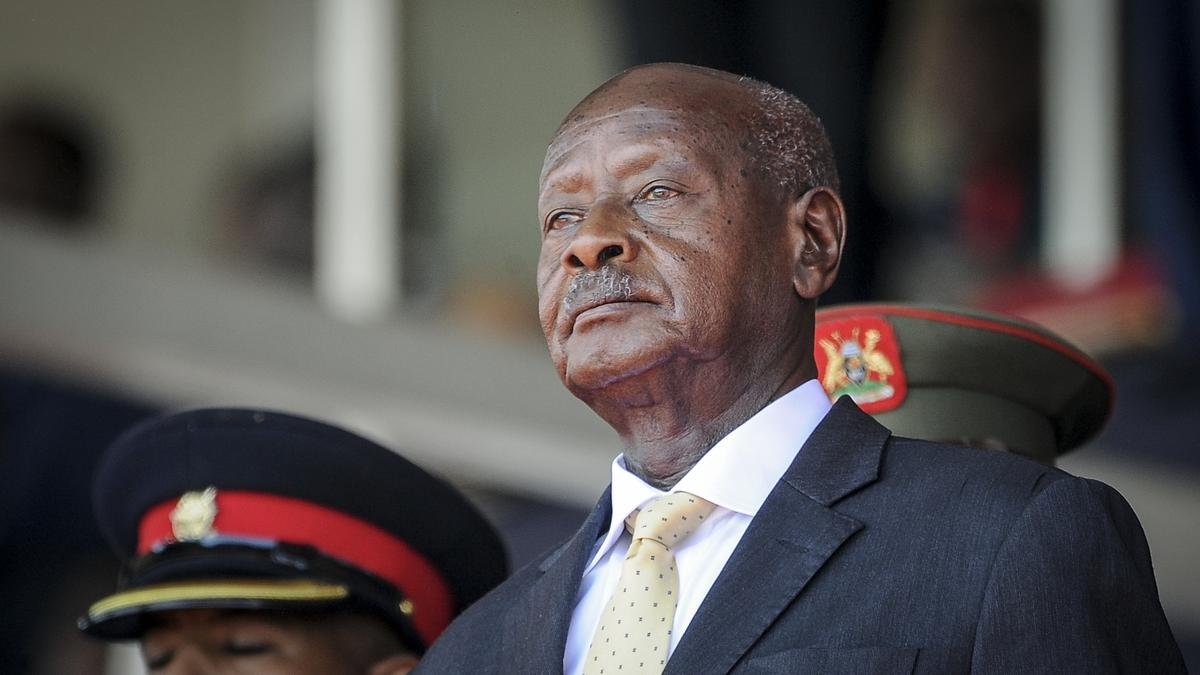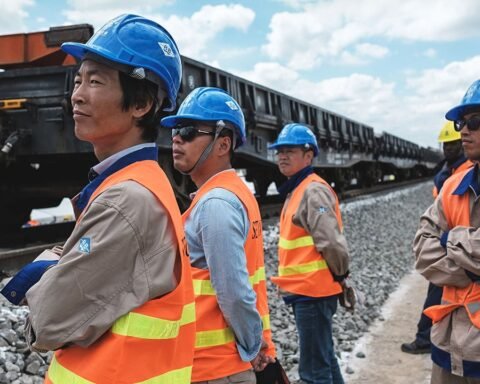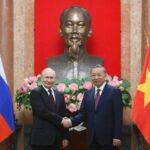Yoweri Kaguta Museveni, the long-serving President of Uganda, has officially declared his intention to contest in the country’s next general elections, scheduled for January.
At 80 years old and already in power for nearly four decades, Museveni remains one of the most enduring leaders on the African continent.
The announcement was made via a post on X, formerly known as Twitter, where the president outlined his ambition to grow Uganda’s economy to $500 billion within the next five years. He emphasized his administration’s continued commitment to modernizing infrastructure, boosting investment, and ensuring national stability.
Museveni came to power in 1986 after a five-year guerrilla war that ousted the military regime of Tito Okello. His ascent marked the beginning of a new chapter for Uganda, following years of instability under regimes like that of Idi Amin.
Since then, Museveni has led through periods of both commendable development and increasing controversy. In recent years, constitutional changes removed age limits and term caps, effectively enabling his continued leadership. The move sparked nationwide debate and international scrutiny, with critics claiming the amendments undermined democratic values.
His National Resistance Movement (NRM) remains the ruling political party and has played a pivotal role in shaping Uganda’s policy and governance. However, the opposition, particularly rising parties like the National Unity Platform (NUP) led by Bobi Wine, has challenged Museveni’s grip on power, especially among younger voters disillusioned by unemployment, corruption, and political repression.
Also Read; British, Singapore Airlines Cancel Dubai Flights After Strikes
Human rights organizations such as Amnesty International and Human Rights Watch have frequently documented allegations of political arrests, media censorship, and misuse of security forces to quash dissent. These concerns have cast shadows over Uganda’s electoral integrity, with calls for greater transparency and fairness.
Museveni’s economic vision, however, continues to focus on regional integration, industrialization, and leveraging untapped resources, particularly in the oil and gas sector. Uganda is set to become a crude oil exporter by 2025 through the East African Crude Oil Pipeline (EACOP), a controversial project drawing both investor interest and environmental criticism.
As part of the East African Community (EAC), Uganda also plays a strategic role in regional trade and diplomacy. Museveni’s supporters argue that his experience and military background make him a steady hand amid regional turbulence, including ongoing conflicts in neighboring South Sudan and the Democratic Republic of Congo.
Yet, the question remains whether Uganda is ready for a generational shift or whether Museveni’s leadership will once again be ratified at the ballot box.







